With an open mind, one can make their life more fulfilling and exciting. That’s because with it comes curiosity and an unquenchable thirst for knowledge can let you reinvent yourself repeatedly.
So, if you were looking for learning something new and interesting this week, we have got your back. We have compiled 35 of the best facts from the Facts by Guff Instagram account.
We can receive our daily dose of knowledge by reading the completely random, unexpected, and unusual tidbits of information they share every day. Continue scrolling and don’t forget to tell us which one among these facts you found the most interesting!
Although just to warn you—once you get started, you’ll probably want to keep reading until your curiosity is satisfied.
1.

2.

3.

This Instagram account was created by Guff, a data-driven content company that aspires to enlighten people with daily trivia and wisdom. They have amassed more than 825K followers by sharing different bits of information every single day. Unexpected and fun facts seem to often catch people off guard in the best possible way, and many think that it’s worth their time.
Staying curious and open to new ideas is not only enjoyable but also provides us with a dopamine rush. Whether it’s learning something new about history, science, art, or even modern pop culture, there are many benefits to keeping our brain cells active.
A study by researchers at UC Berkeley’s Haas School of Business has found that our brains are hungry and always willing to learn new details about the world. Researchers revealed that “new information acts on the brain’s dopamine-producing reward system in the same way as money or food.”
4.

5.

6.
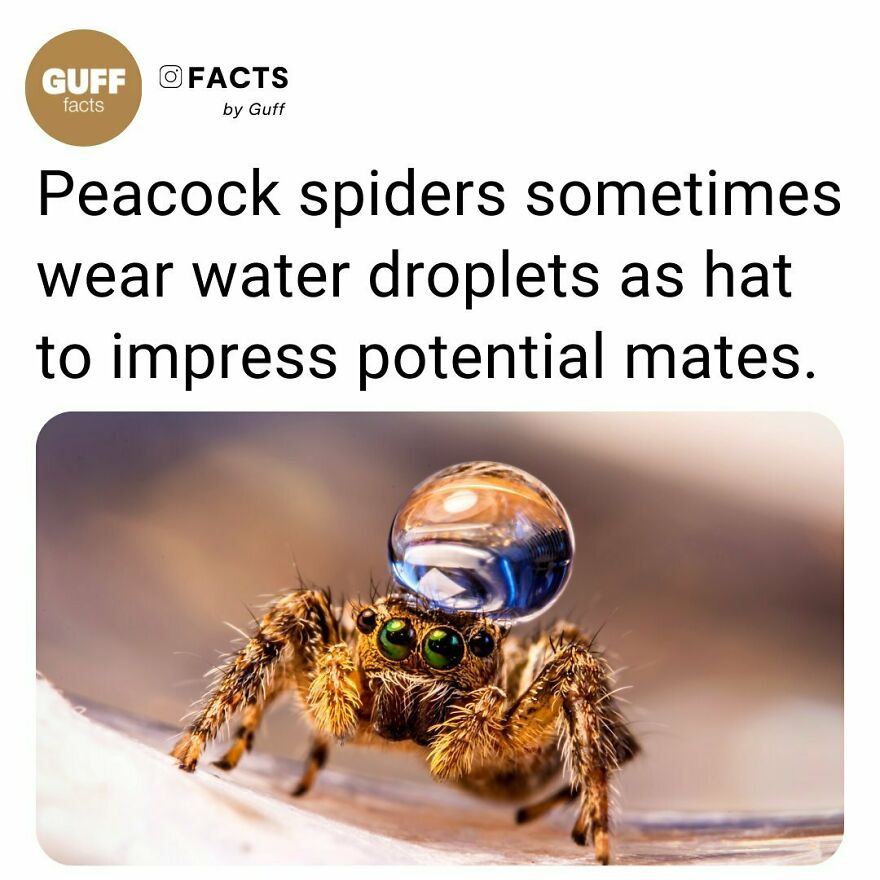
“To the brain, information is its own reward, above and beyond whether it’s useful,” co-author of the study and associate professor Ming Hsu, Ph.D. told Neuroscience News. “And just as our brains like empty calories from junk food, they can overvalue information that makes us feel good but may not be useful—what some may call idle curiosity.”
However, knowledge usually becomes useful when it’s put into context. While many think that learning cool and interesting facts is a waste of time, it’s quite the opposite. Sure, you can find out everything you need with just a few searches and clicks on hyperlinks but it won’t do any good to your critical thinking skills.
Scott H. Young, author of Ultralearning: Accelerate Your Career, Master Hard Skills and Outsmart the Competition, wrote that factual knowledge determines the speed you can acquire new knowledge on a topic. “The more you know, the faster you learn.” It also is an important driver of our reading comprehension and other high-level skills, for example problem-solving. When you’re reading a book, it’s much easier to understand the deeper meaning if you’re already familiar with the topic.
7.

8.
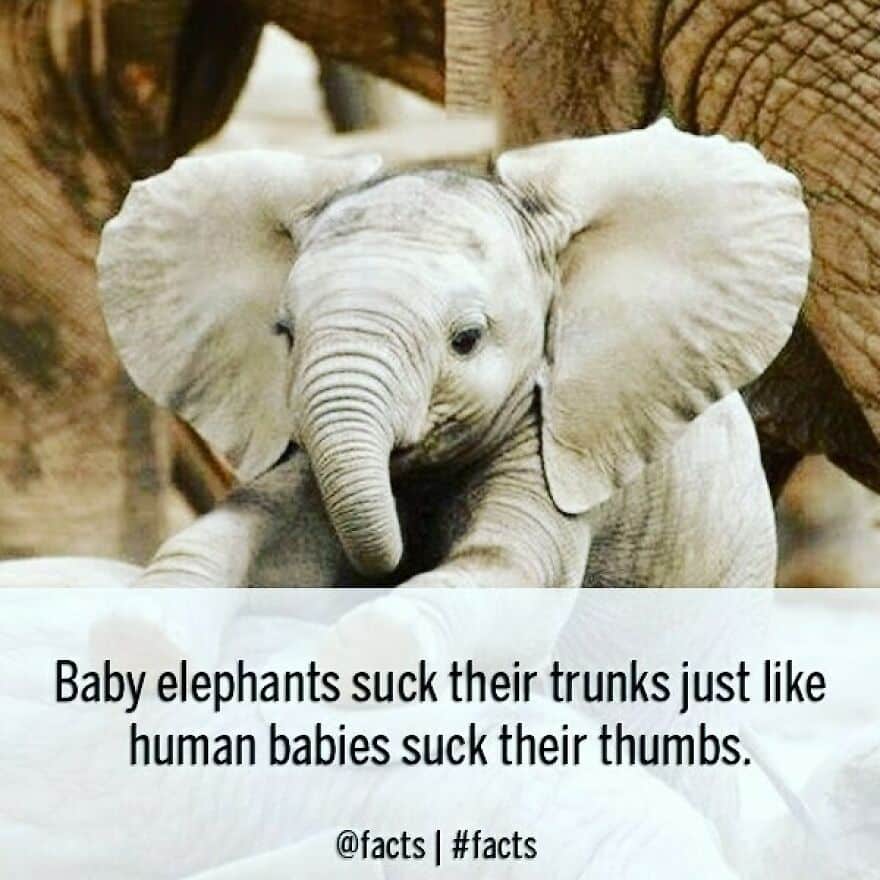
9.
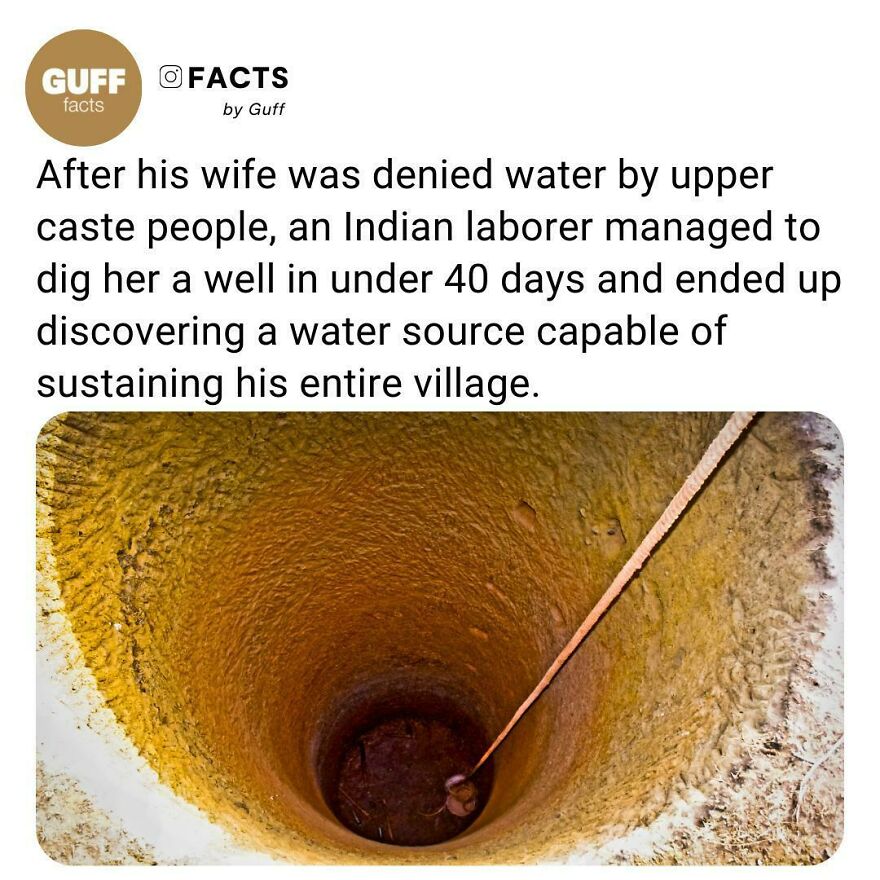
“You can’t reason critically or creatively without first having amassed a large amount of factual knowledge,” Young explained. “This is why the existence of Google and Wikipedia doesn’t reduce the need to learn facts. Something being a Google search away doesn’t mean it’s available in the background to allow you to parse new information easily.”
If you find yourself wanting to expand your mental horizons, the Wall Street Journal bestselling author suggested to simply be curious. By reading more articles and books, and by watching a variety of shows or movies, you always surround yourself with new knowledge. If it’s hard to understand everything at first, don’t be discouraged and try to look it up.
10.

11.
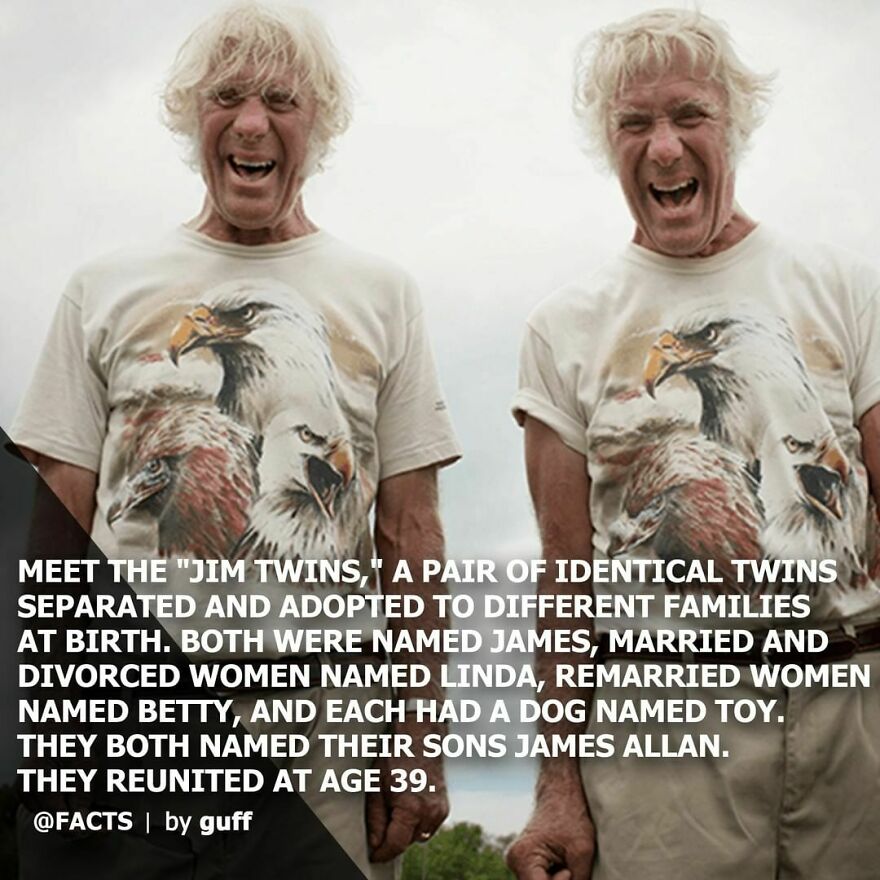
12.
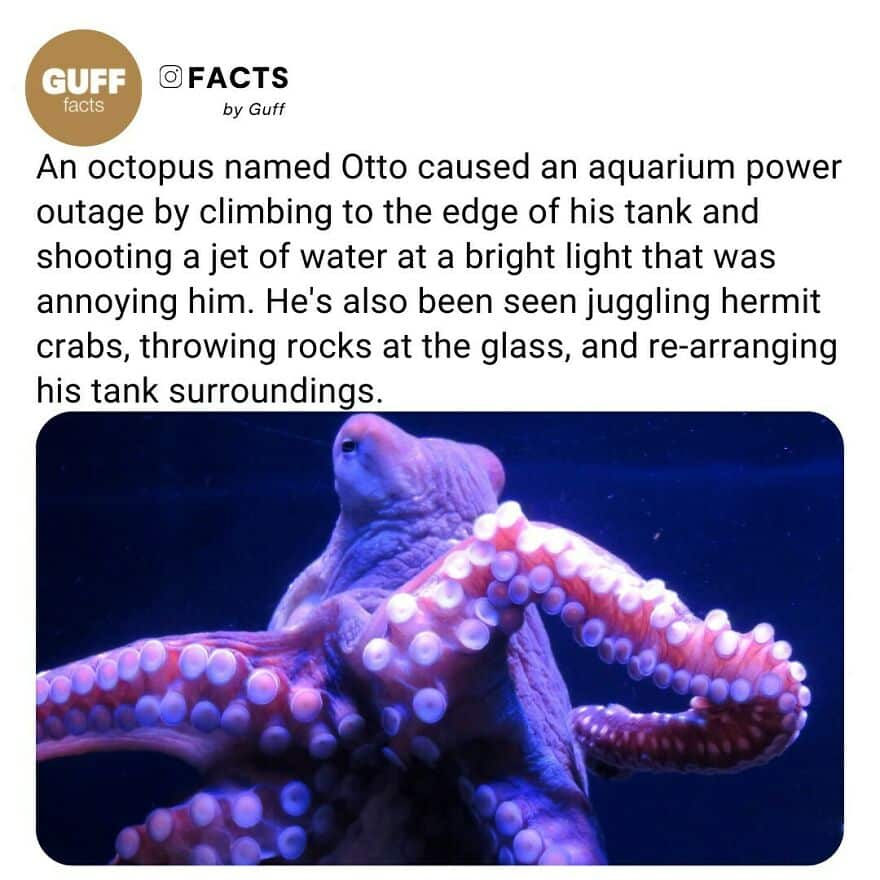
13.
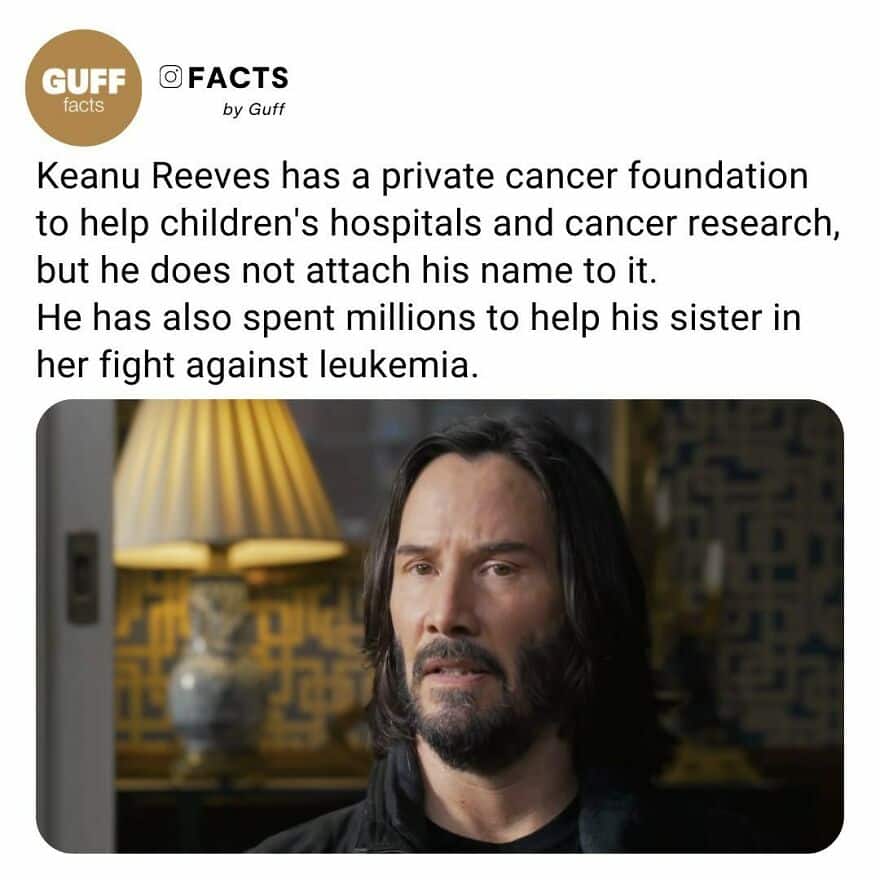
Young advised not to be afraid of topics that are new to you: “Knowledge is exponential, so if you’re not used to reading something, you’ll learn a bit less. However, as you read more about it, you can read faster and smarter.” So picking up a book that might be “above your level” could take longer but will get easier with time.
Just remember, we are the ones using the newly learned facts and putting them into context. So if you’re wondering whether you’re ever going to use this stuff, one day you actually might. Sometimes, our brains are capable of the most wonderful things, and bringing two completely unrelated ideas into one is certainly one of them.
14.

15.

16. 17.
17. 18.
18. 19.
19. 20.
20. 21.
21.
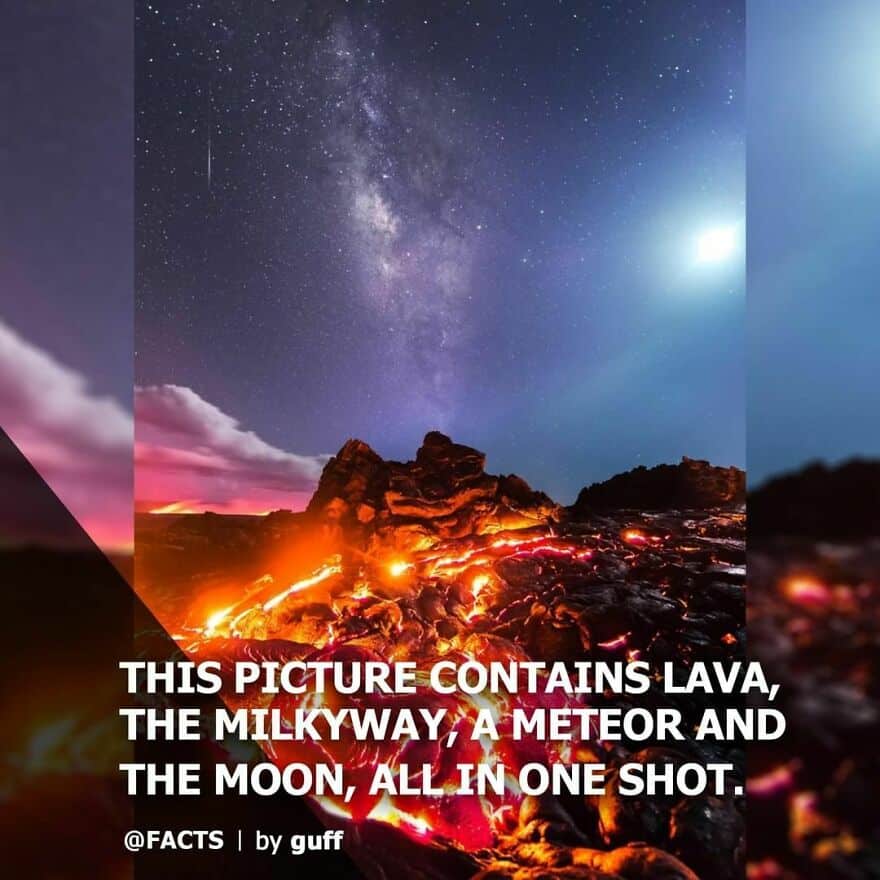
22.
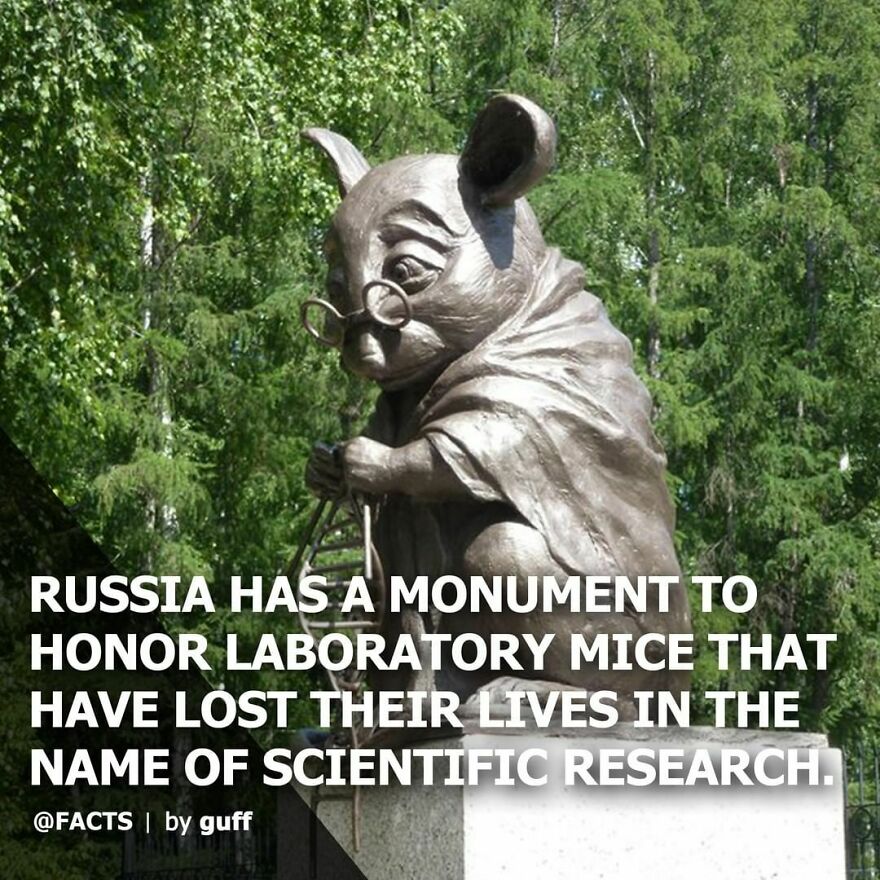
23. 24.
24. 25.
25. 26.
26. 27.
27.
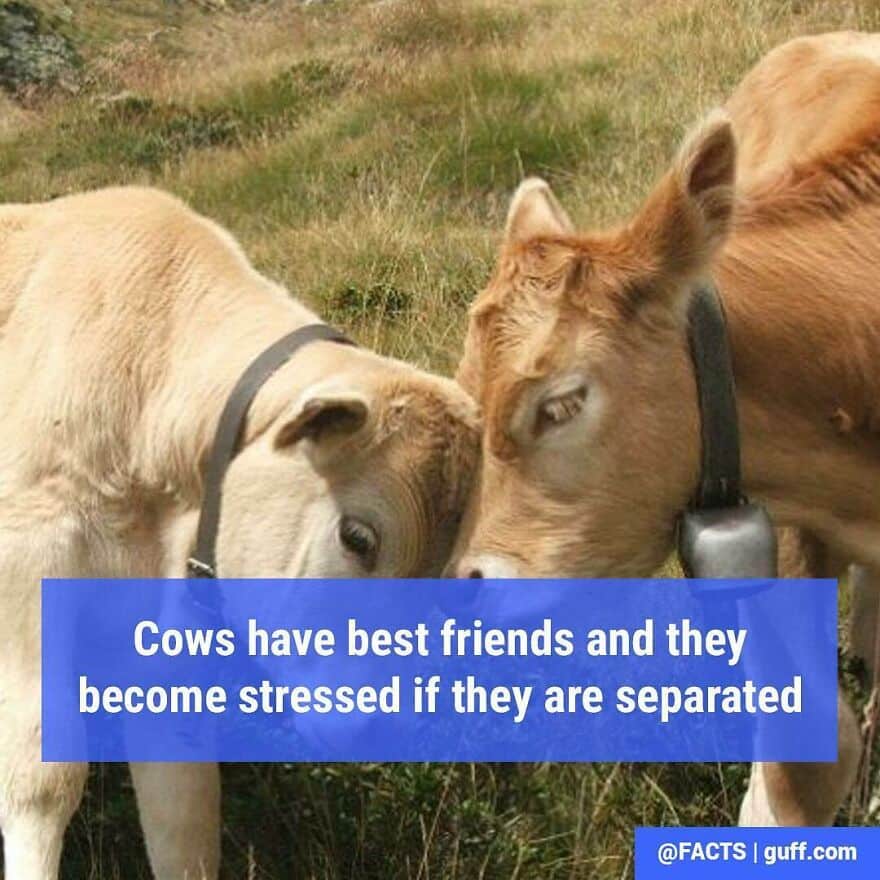
28. 29.
29. 30.
30.

31. 32.
32. 33.
33. 34.
34.
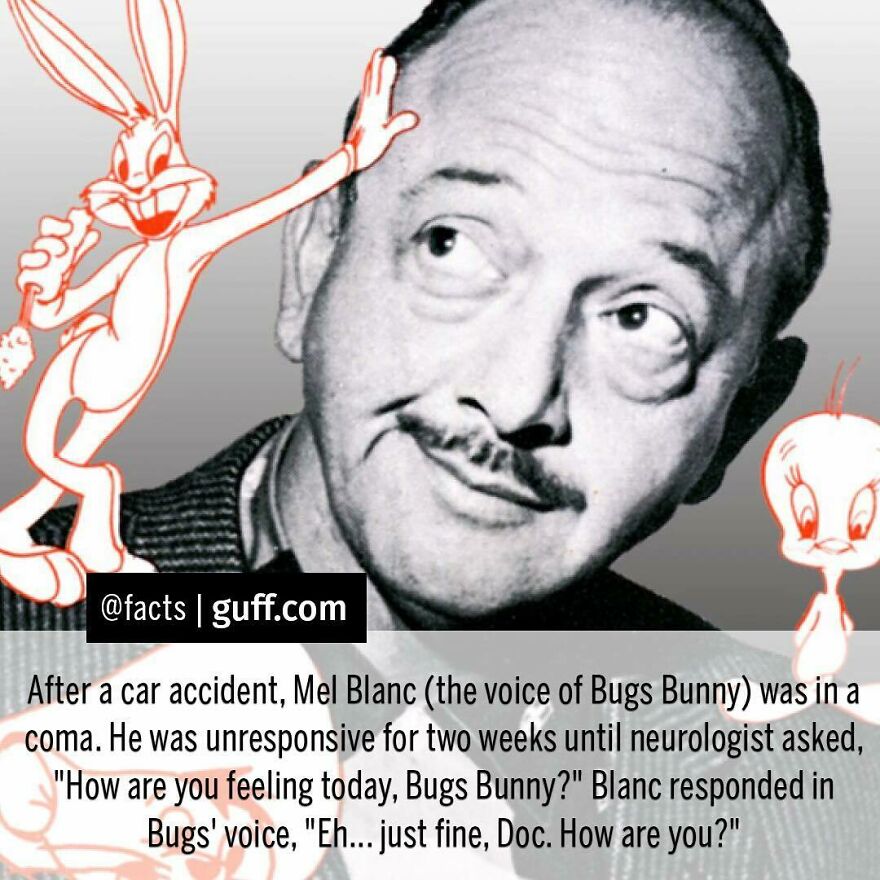
35.



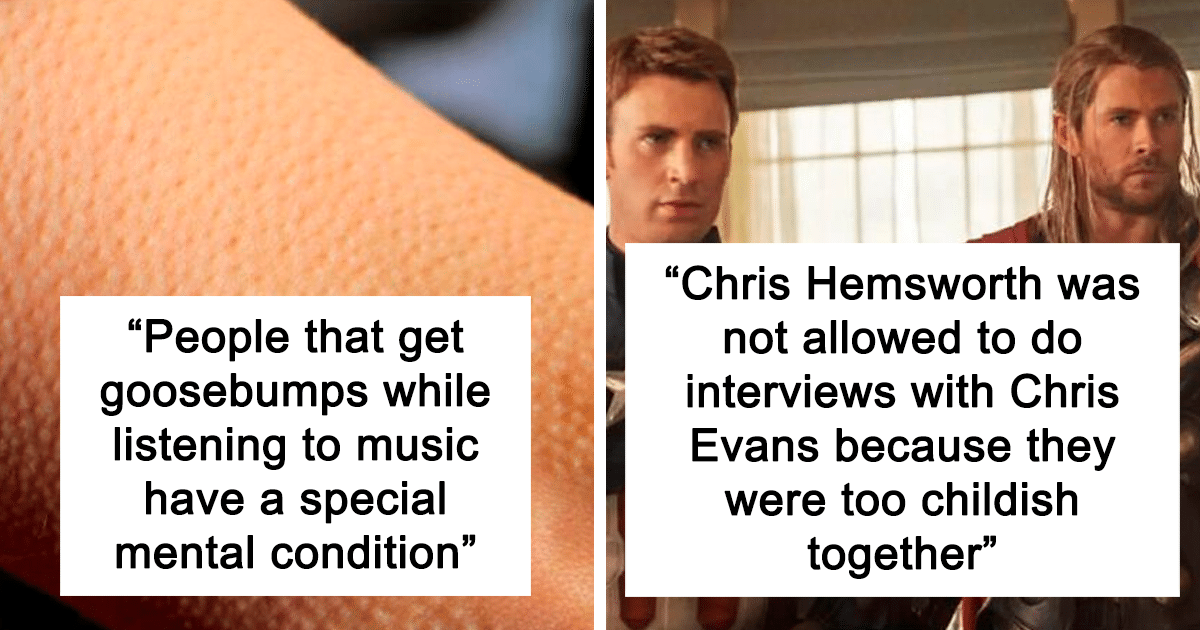
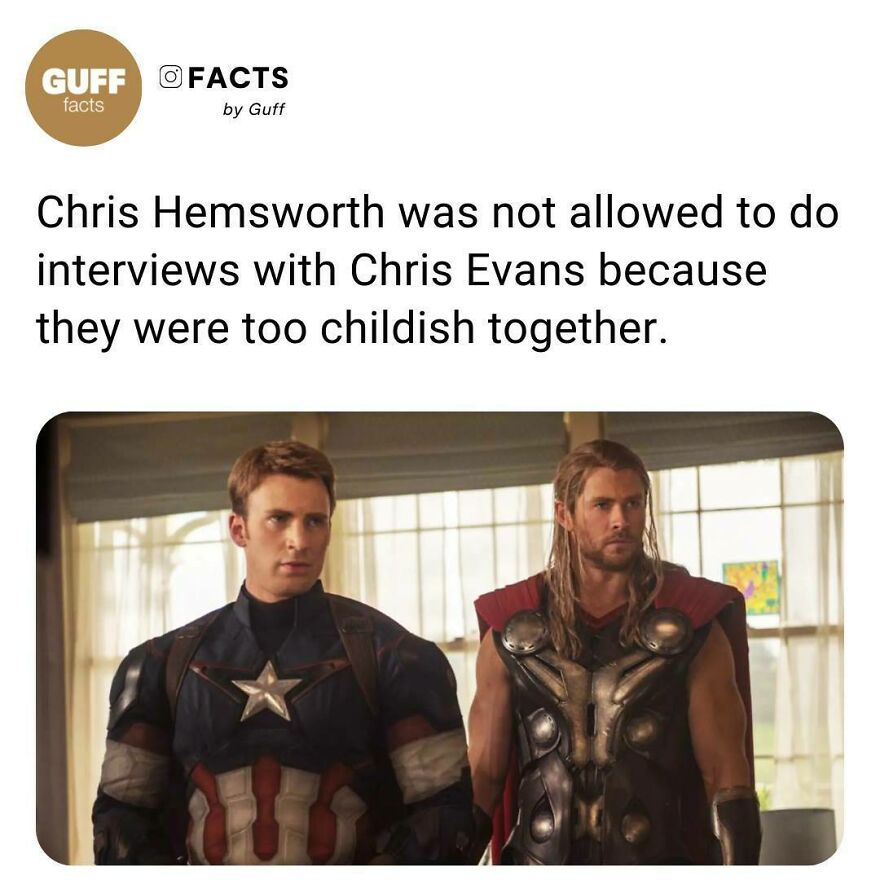 17.
17. 18.
18.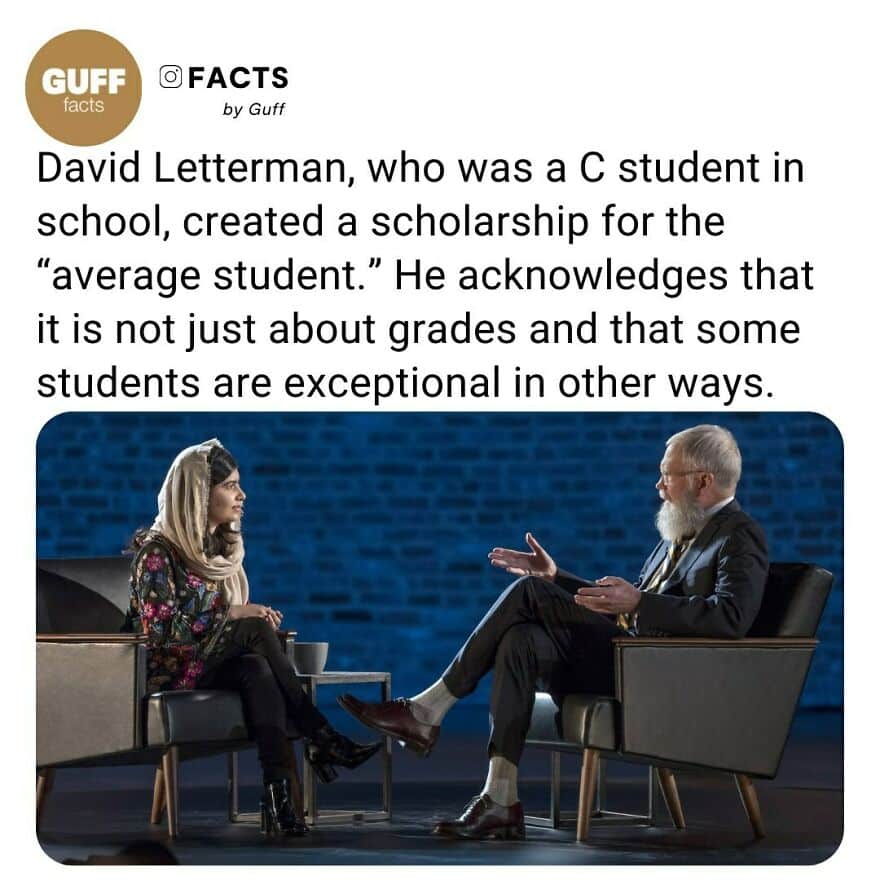 19.
19.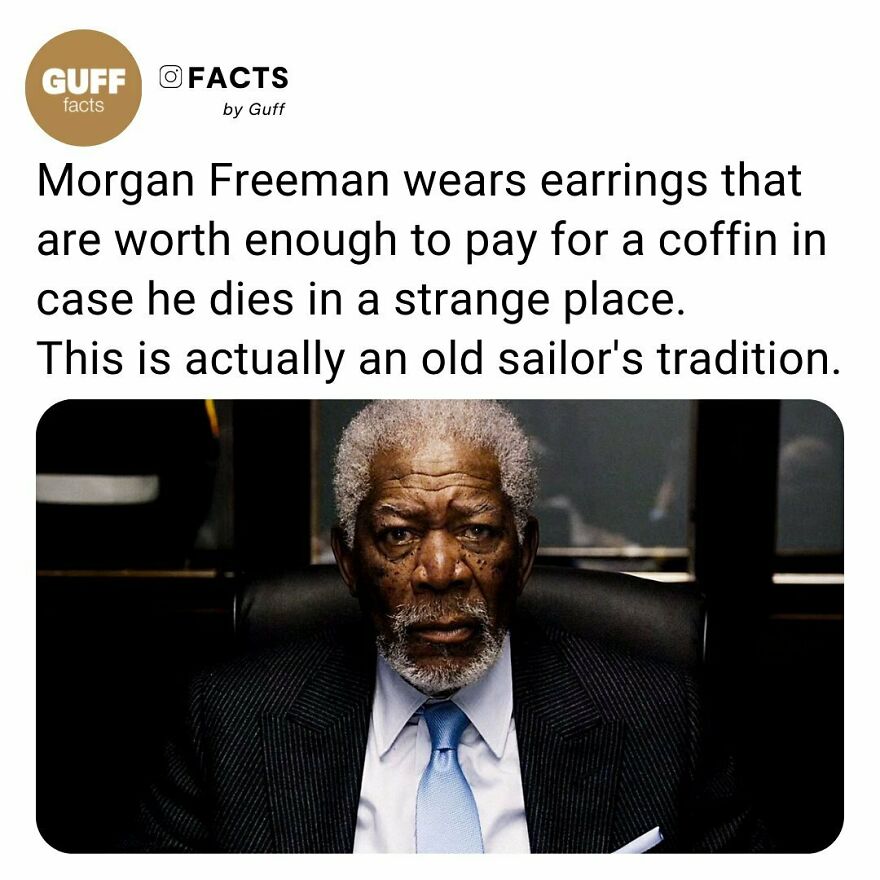 20.
20.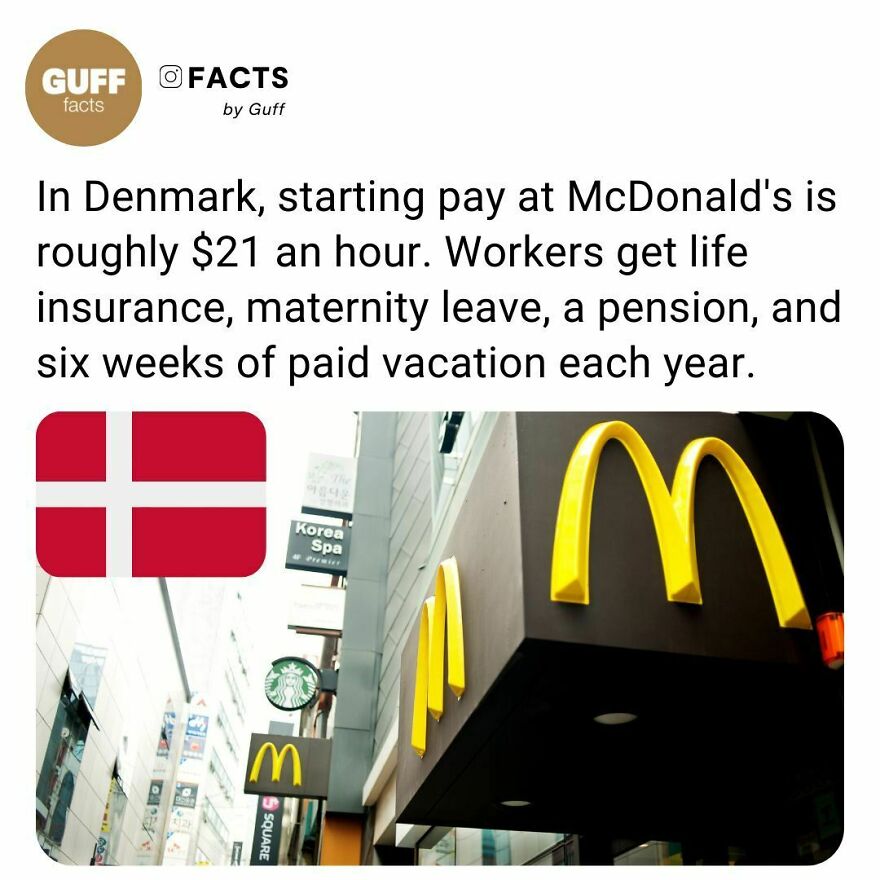 21.
21.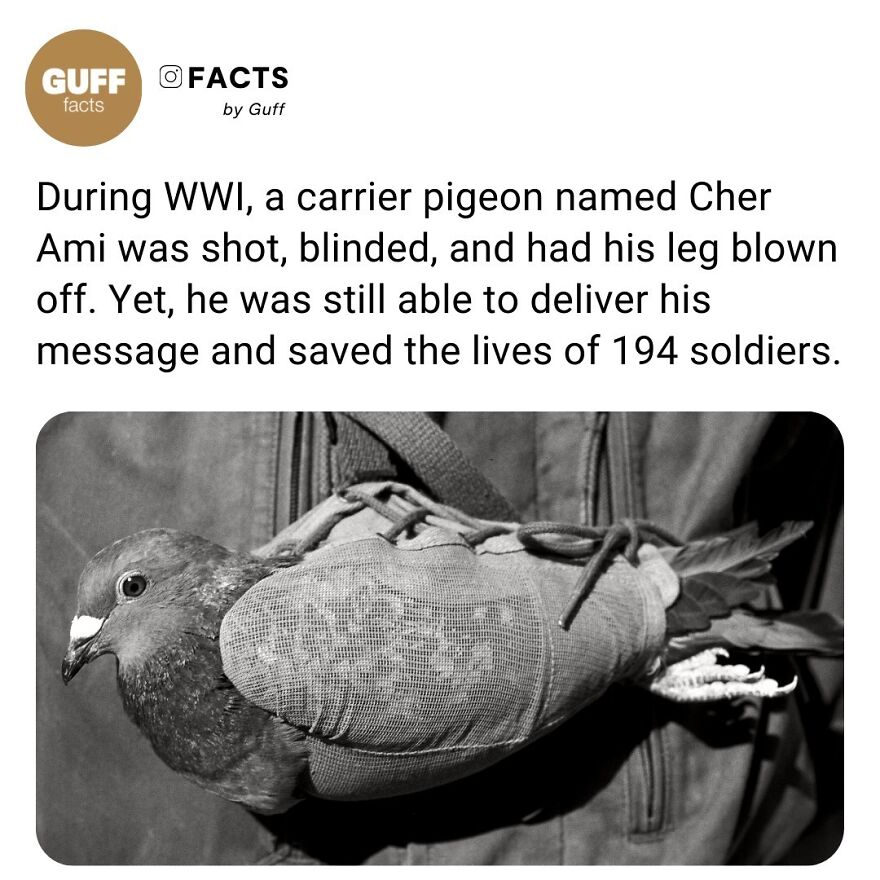 24.
24.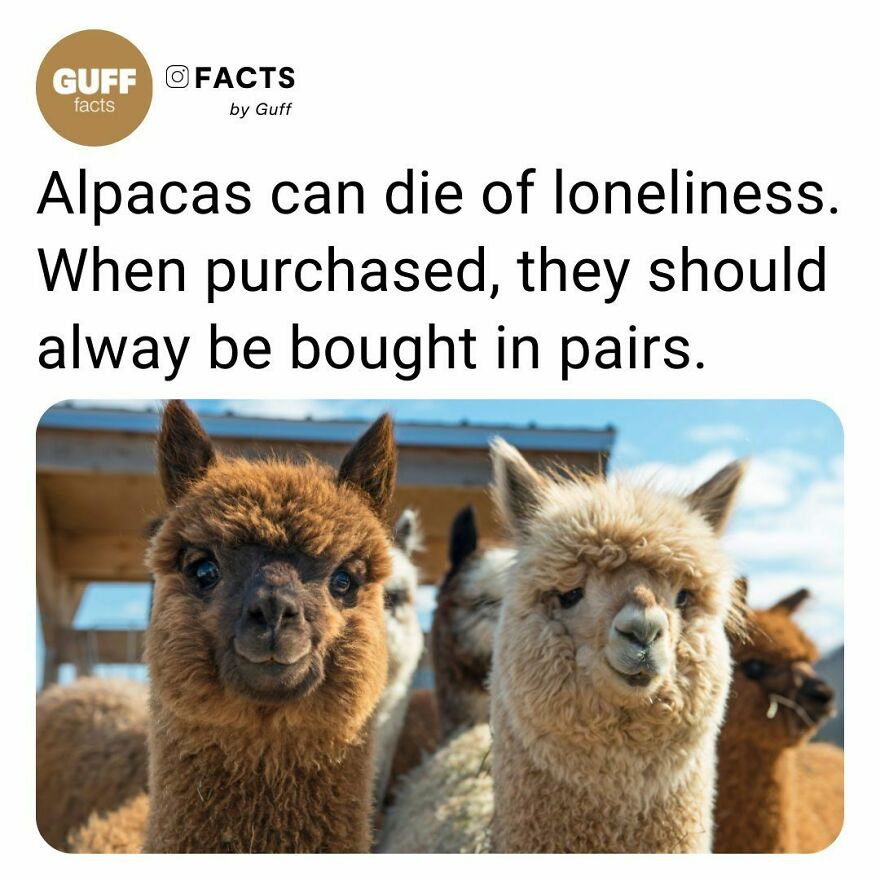 25.
25.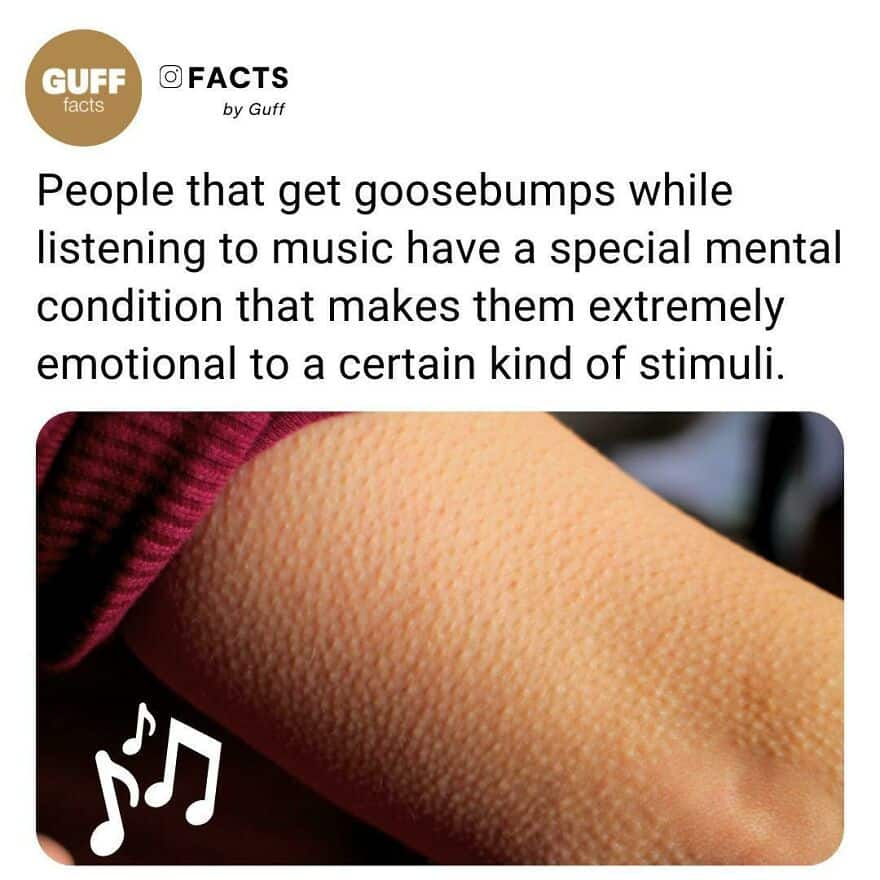 26.
26.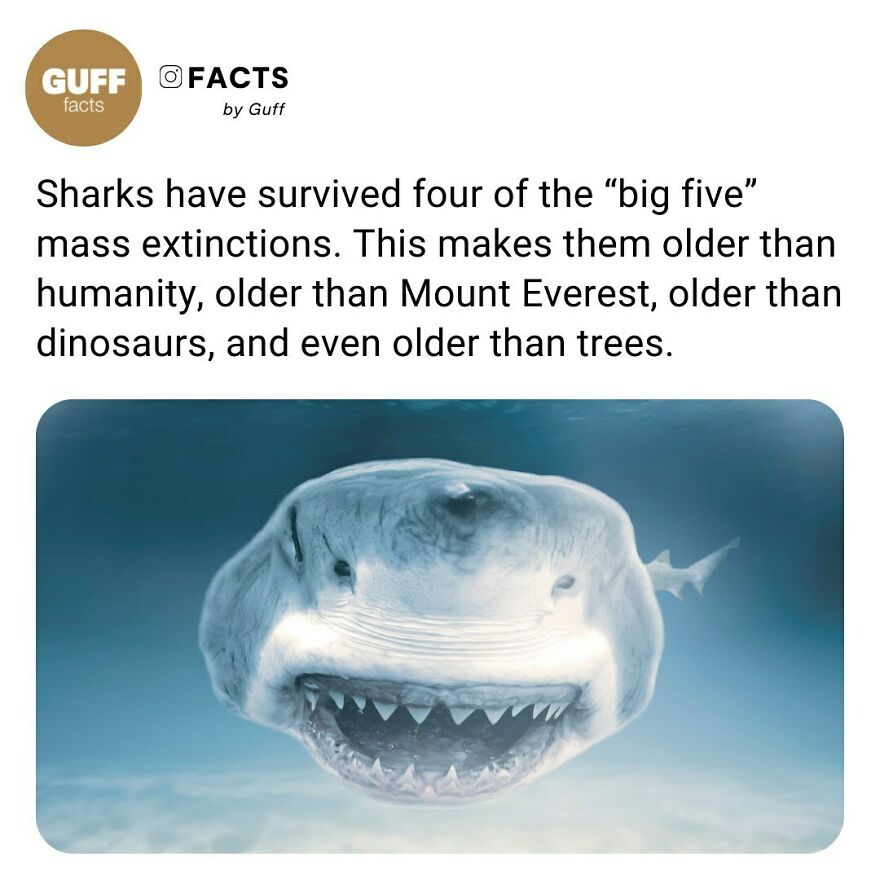 27.
27.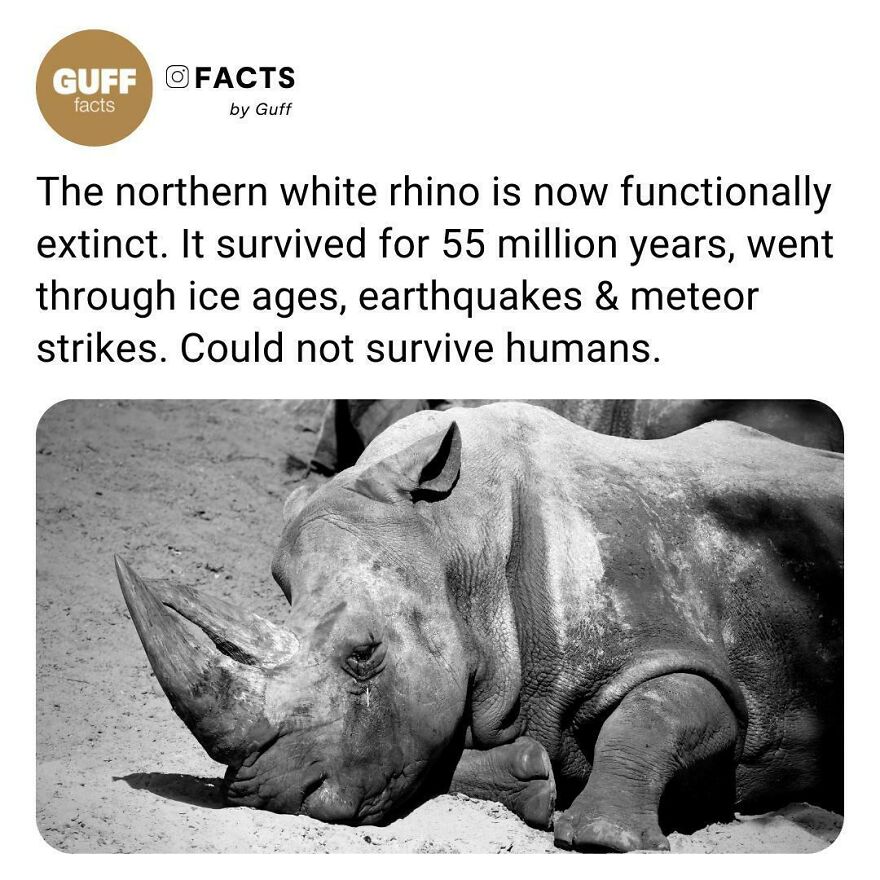 29.
29.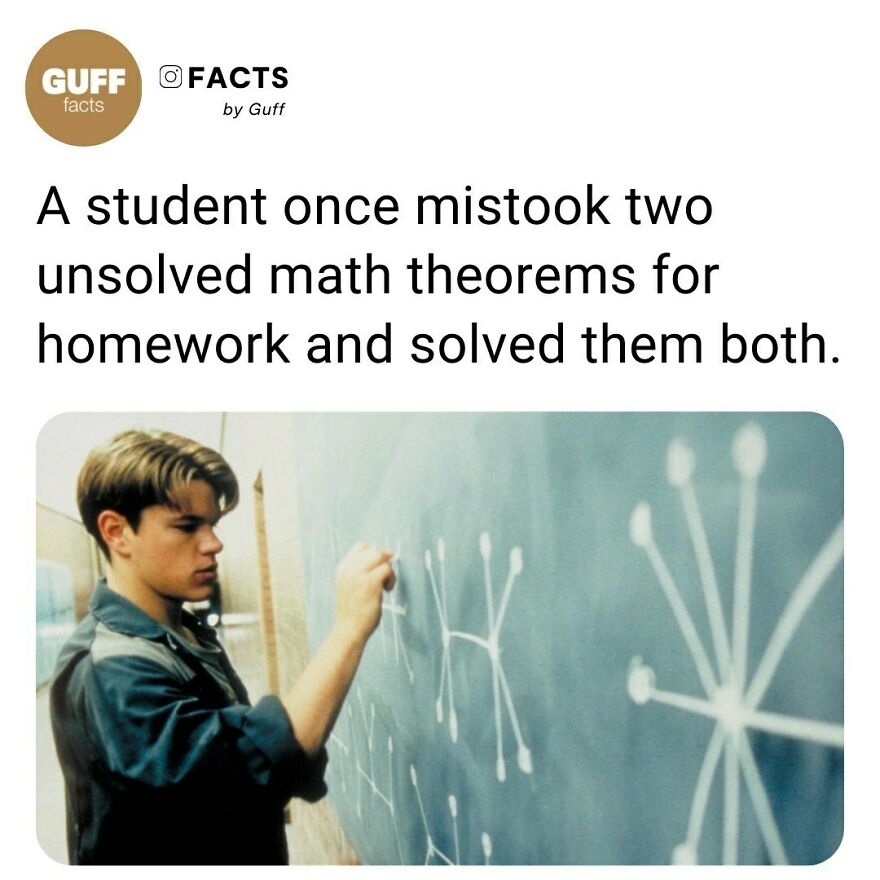 30.
30.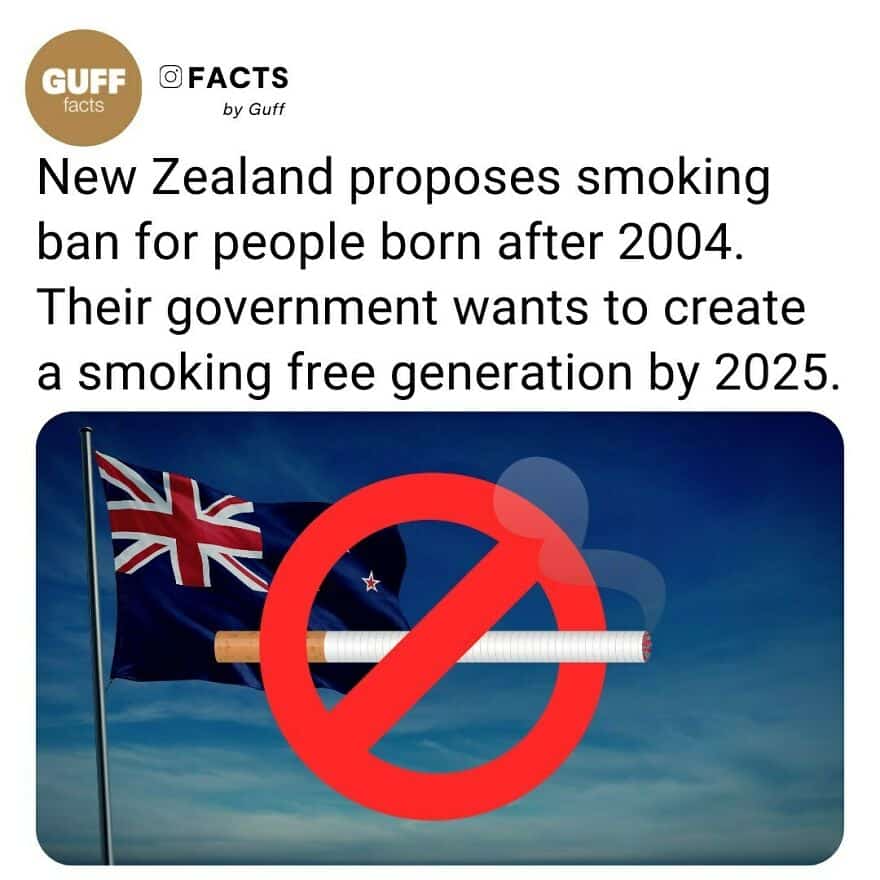 32.
32. 33.
33. 34.
34.





